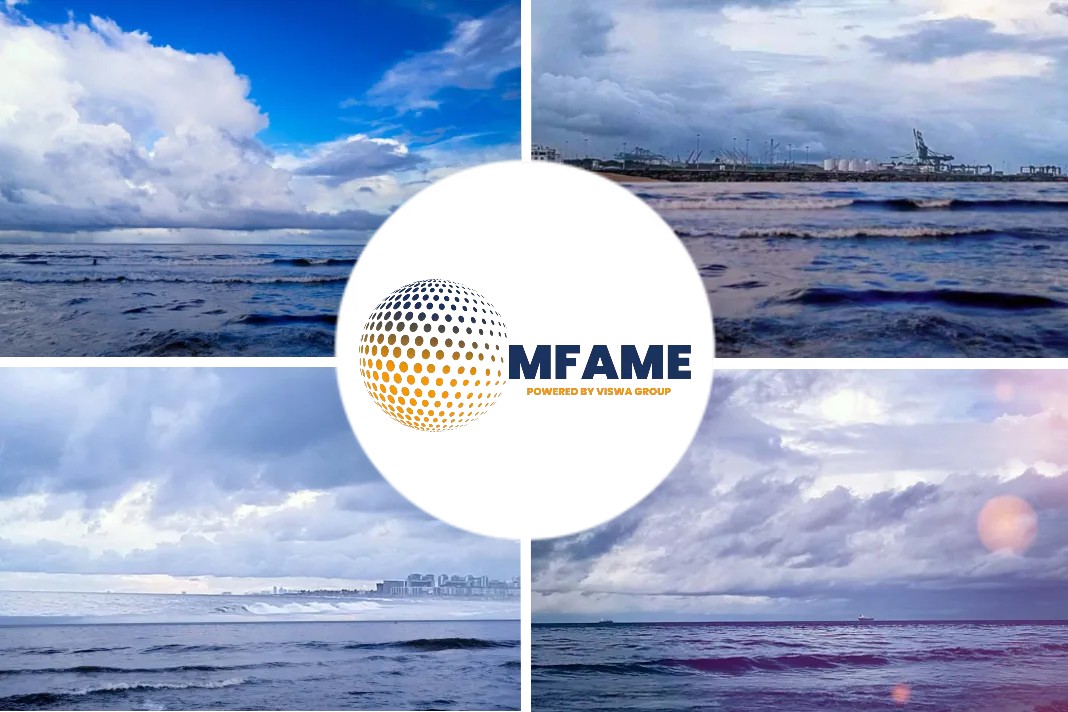- LNG, methanol, biodiesel, ammonia, liquid hydrogen are currently being tested as potential candidates to support shipping’s alternative renewable fuels future.
- However, only the most cost efficient and effective well-to-propeller* options will be tested.
- They will be narrowed down as solutions accepted by the shipping industry for IMO 2030/2050.
- All these are the believes of the Managing Director for Bunkers at Singapore-based international bunker trading house Sing Fuels.
A recent news article published in the Manifold Times comes out with an interview with Managing Director for Bunkers at Singapore-based international bunker trading house Sing Fuels.
Conference Connection
The following interview arranged by Conference Connection is part of pre-event coverage for the upcoming 12th International Fujairah Bunkering & Fuel Oil Forum (FUJCON 2021), where Manifold Times is an official media partner. Readers can register for the virtual event by clicking on the link here.
Decarbonisation to continue
“Decarbonisation will continue to be a hot topic for the future,” Sonnich Thomsen shares with Singapore bunkering publication Manifold Times.
Long term strategy
Shipping is currently contemplating their long term strategy and the discussion typically revolves on whether newbuilds should have scrubbers installed or be built with LNG/ammonia dual-fuel systems that are also able to accept retrofits should other types of fuels be used in the future.
It seems the market is currently undergoing a transitional phase where a wide range of alternatives are being evaluated.
Ultimately, we foresee it will boil down to the most cost efficient and effective well-to-propeller decarbonisation effect these alternatives have.
IMO’s GHG strategy
The International Maritime Organization (IMO)’s initial GHG strategy envisages, in particular, a reduction in carbon intensity of international shipping (to reduce CO2 emissions per transport work, as an average across international shipping, by at least 40% by 2030, pursuing efforts towards 70% by 2050, compared to 2008); and that total annual GHG emissions from international shipping should be reduced by at least 50% by 2050 compared to 2008.
IMO direction and its impact on Sing Fuels
The IMO direction is also part of the reason why Sing Fuels has chosen to invest in a clean technology firm to assist the shipowners in their quest for further decarbonisation, adds Thomsen.
“As renewable energy continues to develop, we see an urgent need for cost effective and long duration energy storage systems to drive the renewable demand further,” he says.
“Through investments and partnerships, Sing Fuels is proudly ready to meet this demand for the future.”
Remaining relevant
Moving forward, Thomsen notes it is essential for today’s bunker trading companies to remain relevant by ensuring a global coverage, while providing experienced teams that are able to act as advisers and partners to customers.
“We constantly drive for value added services to customers. Hence, in 2020 Sing Fuels established a stand-alone operations department with the sole purpose of ensuring supply excellence to its clients,” he says.
Smaller niche supply areas
“We will continue to develop smaller niche supply areas through partnerships with local suppliers. This is a proven formula where many mid-size traders are more competitive in certain ports than the more generic trading houses focusing on the key hubs.”
The current well-to-propeller study of alternative fuels for the maritime transport assesses the potential climate impacts of alternative fuel systems at all stages in their life cycle – from oil & gas wells (or from farming) to the propeller [Chryssakis, 2013].
Did you subscribe to our daily newsletter?
It’s Free! Click here to Subscribe!
Source: Manifold Times






















